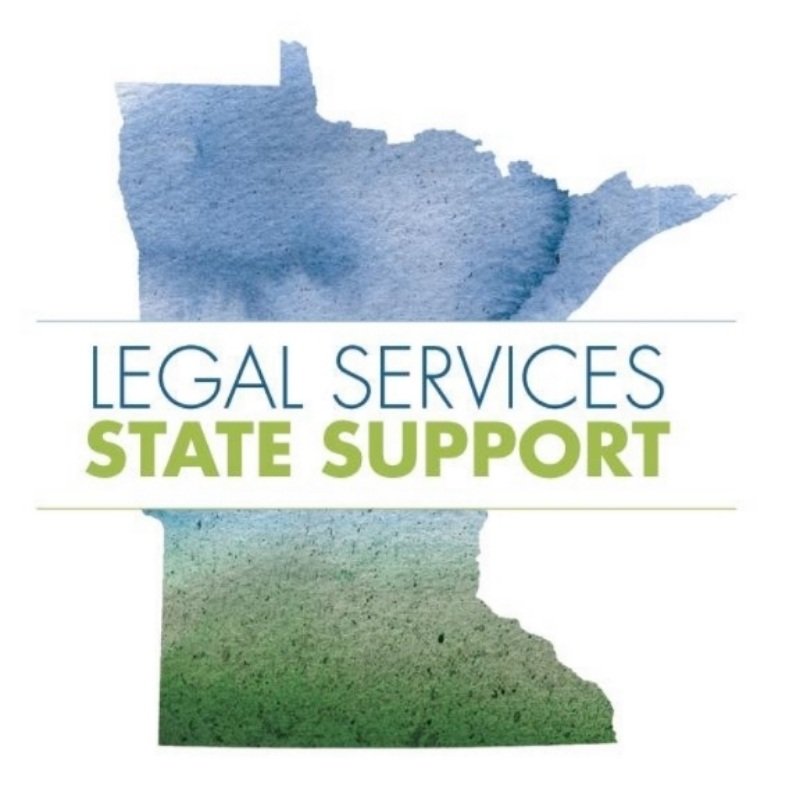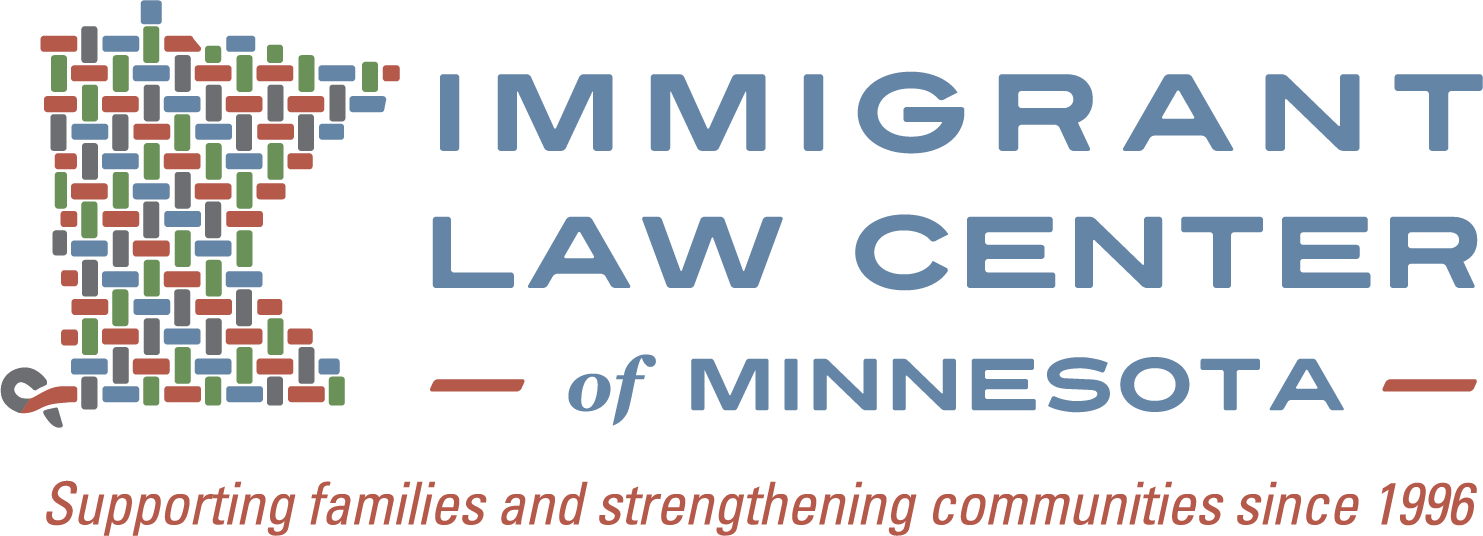Julia Decker, policy director at the Immigrant Law Center of Minnesota (ICM), spoke to Minnesota Public Radio News (MPR) recently about cannabis legalization in Minnesota and the potential legal impact on anyone who is not a U.S. citizen. Decker noted the most important distinction is that cannabis is still illegal under federal law and that consequences could include deportation.
“Cannabis is still a federally controlled substance, which means you could still face immigration consequences for any type of activity or possession of cannabis, even though it's legal in Minnesota under Minnesota state law,” Decker said.
This discrepancy between state and federal laws can make it more complex for someone in Minnesota, for example on immigration applications or when it comes to conviction expungements. Decker and others in the field like Linus Chan, clinical professor of law at the University of Minnesota Law School, do note that a cannabis conviction doesn’t automatically stop naturalization or cause deportation, but for those who don't have citizenship, the risk is higher.
Decker recommends an immigration attorney be consulted by anyone currently navigating the immigration system. Read more in Despite legalization, cannabis can still have legal impact for immigrants who aren’t U.S. citizens.




